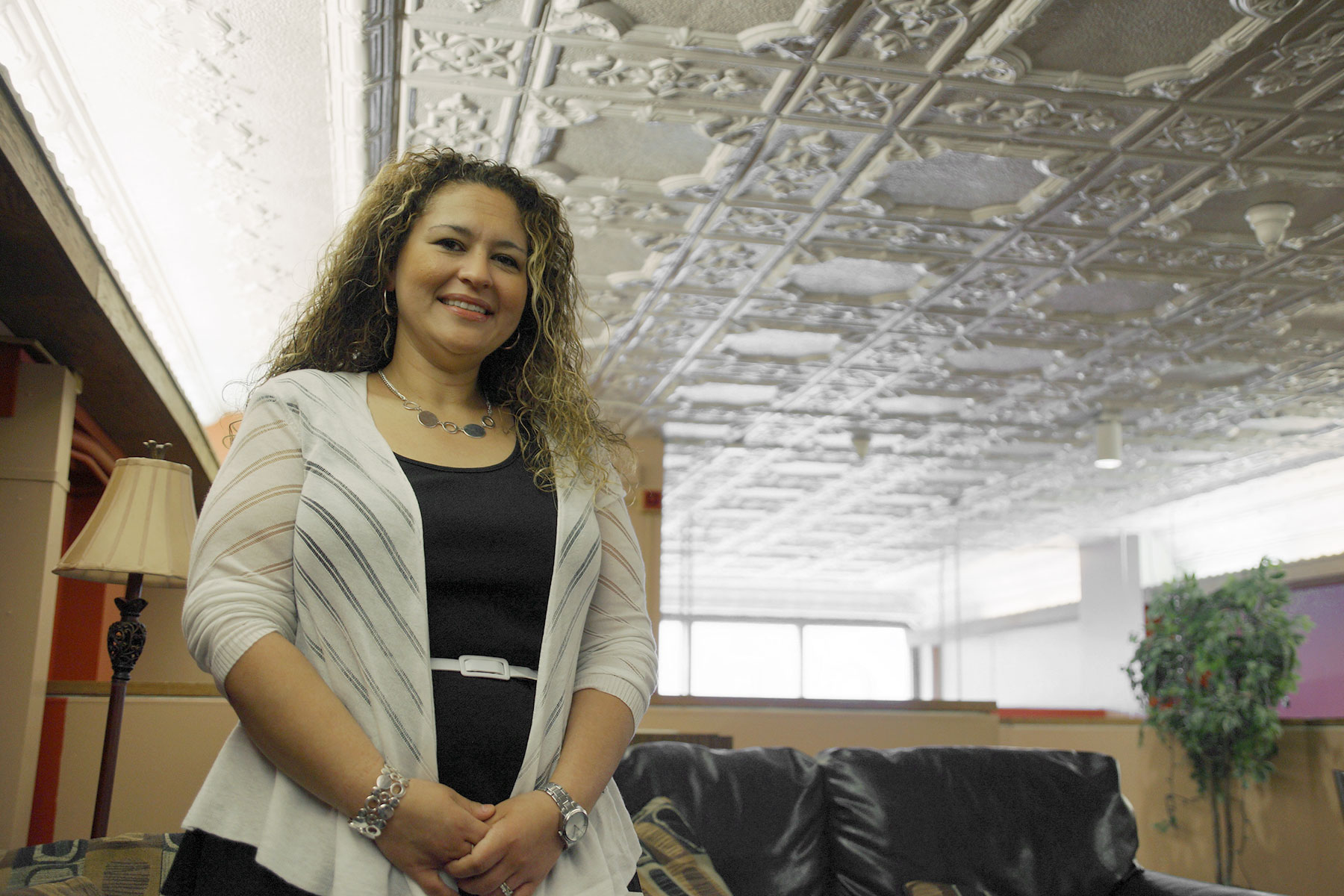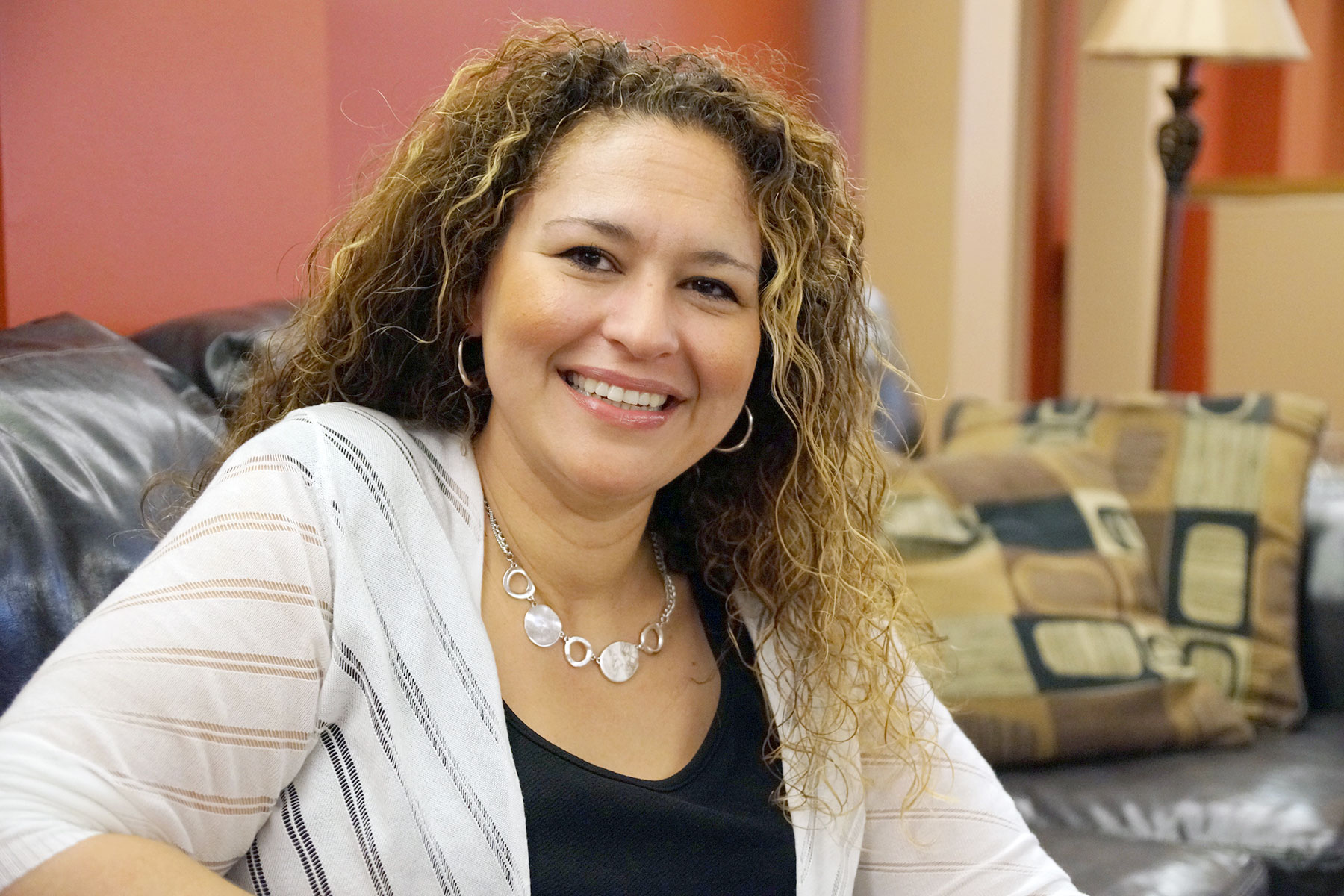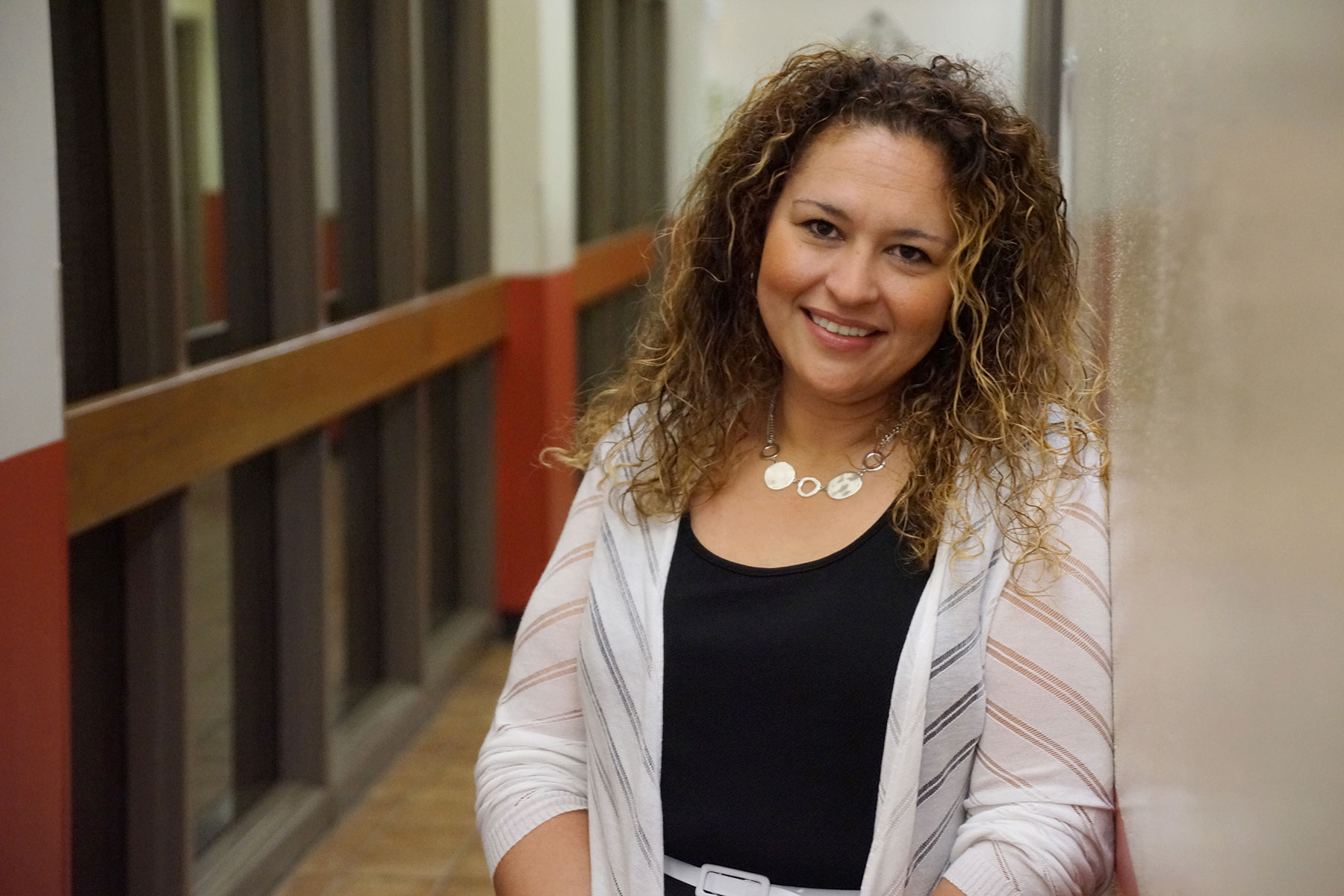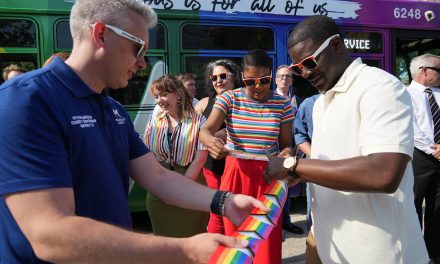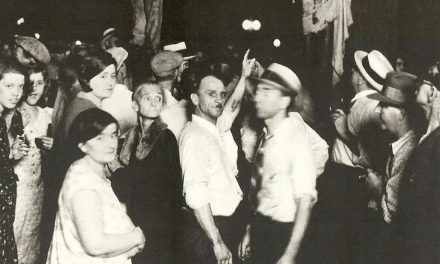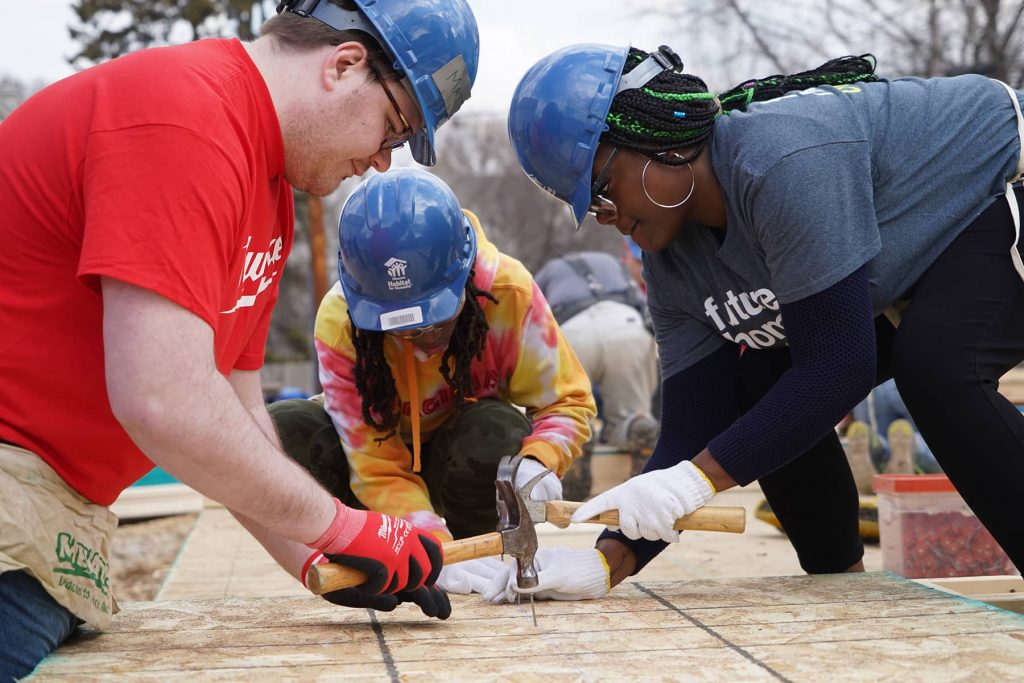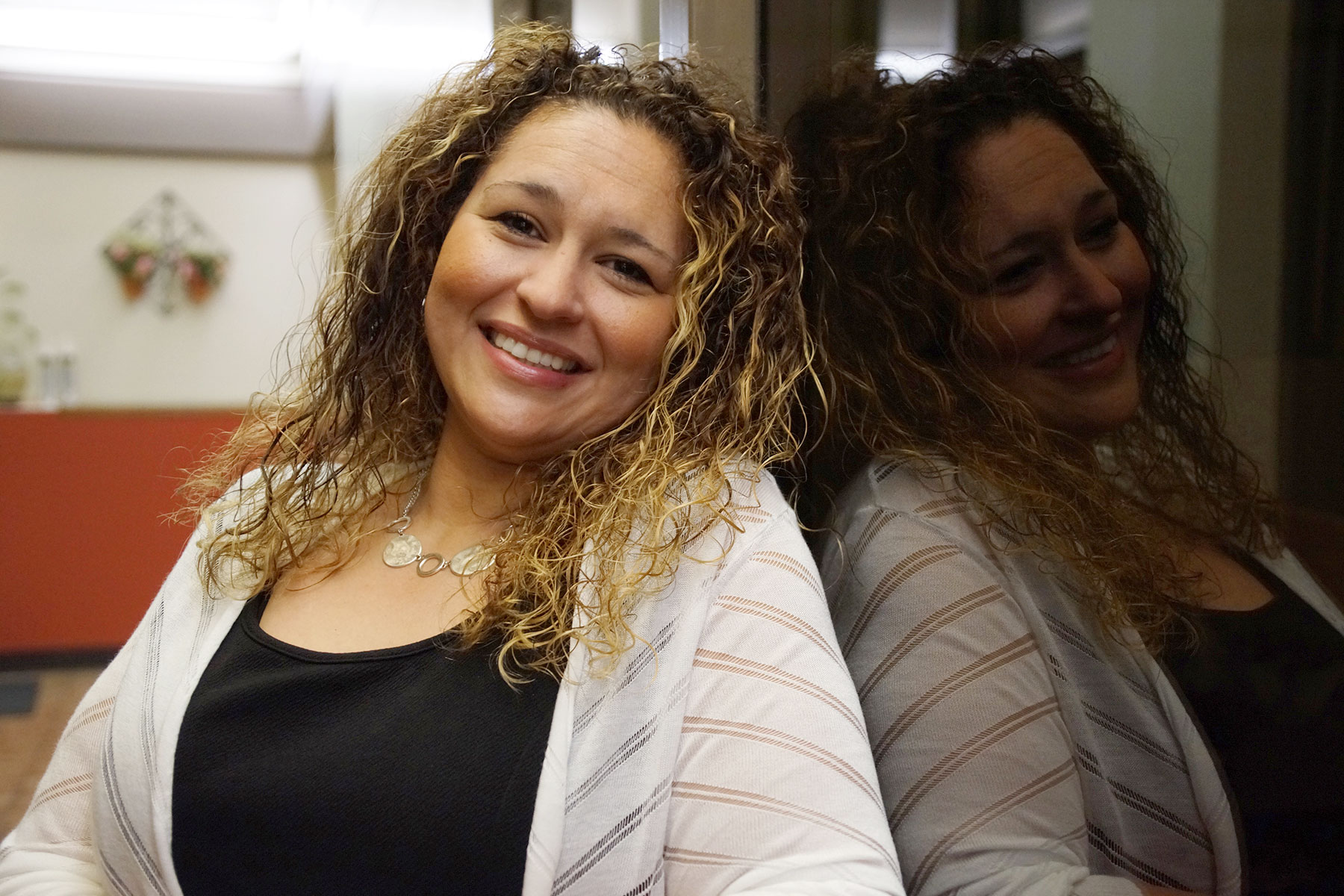
With a multi-ethnic background, family hardships, and experience in code-switching between vastly diverse cultures across the North and South sides of Milwaukee, Toni Rivera Joachin finds herself as a community advocate for the historic neighborhood where she grew up as a young Latina.
Her experience offers a unique perspective on a wide range of Hispanic issues, from immigration to being marginalized by society.
Q&A with Toni Rivera Joachin
Milwaukee Independent: From your personal experience, what is it like being a hispanic woman in Milwaukee today?
Toni Rivera Joachin: Hispanic women have more opportunities today than they had in the past, but we still face challenges. Personally, I have had mentors along my journey that helped shaped me into the leader I am today. I believe this coaching is essential in supporting young Latinas to reach their full potential. It is important for us to recognize the contributions of the Latinas that went before us and learn from their experiences in overcoming challenges.
Milwaukee Independent: How has your life come full circle from growing up on the Southside of Milwaukee to being the director of Centro Hispano?
Toni Rivera Joachin: I have the honor and privilege to lead an organization in the area where I grew up as a child. My parents still live in the neighborhood and my children go to school here. The experience offers a deeper understanding of the community challenges that I am trying to address in my work. It is so valuable and meaningful to have established relationships with local residents and, in some cases, generations of families from having spent years growing up in the neighborhood.
Milwaukee Independent: What motivated you to spend so much of your life trying to improve the local community?
Toni Rivera Joachin: Helping people has always been my motivation. I am driven to improve the community because of my childhood experiences. Many feel like they do not have a voice or say in the things that happen, but they can. I want to support those people who feel that way, and help them find their voice.
Milwaukee Independent: What is your concern about Wisconsin’s anti-immigrant legislation? And why is the Milwaukee community not doing more to protest, considering the very foundation of the city is came from immigrants?
Toni Rivera Joachin: The anti-immigration sentiment is dividing our communities at a very critical time in our history. While many of us in Milwaukee arrived here as an immigrant, many are only two or three generations removed from the experience. The further people are removed from the experience, the more they forget about those shared hardships of coming to a new country. It is important that our immigrant families continue to talk about their experiences to help all of us understand the challenges, opportunities, and our legacy.
Milwaukee Independent: Why is the civil rights activist Cesar Chavez revered as a cultural hero, but Milwaukee’s own Christine Neumann-Ortiz is denounced by Wisconsin politicians as an enemy of the state?
Toni Rivera Joachin: I believe that most heroes are not always seen as heroes during their time of fighting for justice. You can chose any leader and you will see that they will have both supporters and enemies. I have learned through my work in the community, the more people talk about you, it is most often the time when you are making the most change. Change is hard for everyone, but it is still necessary. Leaders are driven by a passion and vision that not everyone understands. Leaders cannot waiver in their passion or vision, and sometimes that creates friction which produces enemies. But leaders can’t give up. The community depends on them. There is a saying about being a prophet in your own land, and that certainly is true in community work. We often don’t recognize contributions and the real sacrifices community leaders make privately to fulfill their public vision. Most of the true work that gets accomplished is when no one is around to watch. It often a lonely road as a leader.
Milwaukee Independent: What is the biggest lesson you have learned from your years working in non-profit organizations?
Toni Rivera Joachin: After 20-plus years of nonprofit work, we still have so much work to. Addressing community issues is a challenging effort. I always attribute it to an onion. Once you peel back a layer, there are more layers. Community issues are often complicated and intertwined. It is hard to address just one issue without having a larger vision of how problems are connected.
Milwaukee Independent: Do you have a memorable moment from managing the Project Ujima that was influential on your life?
Toni Rivera Joachin: My first six months with Project Ujima was a very eye opening experience for me. My whole time at Ujima was memorable and it impacted me greatly. For example, I went to the ER to follow up on a 17 year old who had been accidentally shot while walking home. The child had a CT scan so I went to get his chart. As I got to the door, I could see the boy laying lifeless within a breathing machine. It was my first time visiting one of our children and seeing them like that. I was very emotional, because it was heartbreaking. I could not understand how we as a community can let our children be in these situations. We have become too numb to what we see around us, not just with local violence but with so many neighborhood issues. We as a city are traumatized. I have seen too much, and also been witnessed to a great resilience with Ujima kids. Seeing them recover, and heal, and move on to great things like college, employment, families of their own. It is amazing to watch a child grow up after such a horrific experience and overcome huge obstacles to be an awesome, contributing member of our community.
Milwaukee Independent: What is your vision for the future of Milwaukee, and do you have hope the situation will ever change?
Toni Rivera Joachin: I believe in Milwaukee. I know it will change and I want to be apart of the change. Milwaukee has so much potential as a city. But we have to work together to accomplish it. That is were I believe we get hung up. We have to stop working in silos, be willing to be uncomfortable, be vulnerable and truly want to change. To do so will open up a lot of the ugly parts of our history and ignorance. But I believe if we do it, we will see real change that will improve the conditions for everyone. Being uncomfortable gives us the biggest opportunity to grow. We have to let go of the past, but we also must recognize the lessons from it. A big problem is some in our community try to move on but others are stuck in the past.
Milwaukee Independent: Is faith a part of your work, and is the religious community helping immigrants adjust to life in Milwaukee?
Toni Rivera Joachin: Our organization started as an Spanish outreach program of the Archdiocese in the 1960s. We are no longer affiliated with the Archdiocese but many in our Latino community are Catholic and have a very strong faith. We have parishes that continue to help immigrants as they move here and call Milwaukee home.
Milwaukee Independent: What advice would you offer young Latino women interested in a graduate degree but lacking hope in opportunities in Milwaukee?
Toni Rivera Joachin: Find a mentor or a coach. And not just one, but two or three Latina women who are at various ages and different levels in their professional career. The variety of Latina experiences will provide examples for the spectrum of possibilities. I have had so many strong Latina women around me and it truly helped shape and focus me to what was important. The Latina experience is influenced by so much around us, family, community, faith, culture, and language. We need a safe place to explore who we are. My Latina “madrinas” (God mothers) give me that. Sometimes we have to create our own opportunities when we don’t see any in front of us. Be bold. Be authentic. Most of all be true to yourself.

